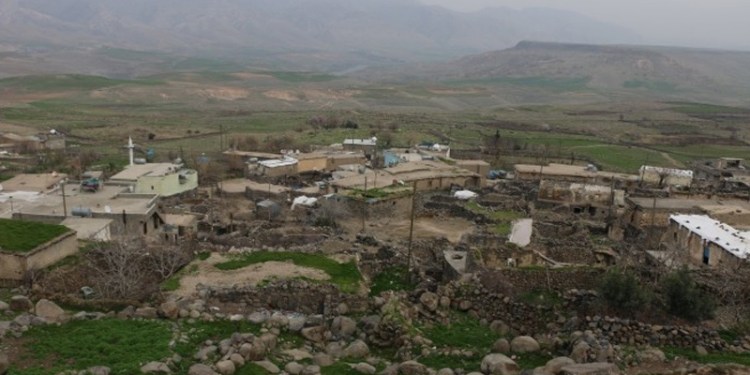In the village of Sulak (Kurdish: Bafê) in south-eastern Turkey, the inhabitants are fighting a debt of one million Turkish liras, which the local peasants are now supposed to pay themselves for a water pump bought for the village 20 years ago. Meanwhile, the electricity to run the pumping station was cut off to the village three months ago.
Once a week, the electricity was also cut off to the whole village, which is not uncommon in Turkey in the countryside and also in cities. As there have been water problems in the village for decades, the supply is set to the "new" pump - the water now has to be drawn from wells again, which are highly polluted as they have been unused for a long time. This leads, among other things, to the fact that the livestock can no longer be adequately supplied by the peasants and animals die. While in the deep winter, often without electricity, the water then has to be laboriously drawn daily from the water source at the farthest point of the village and transported away, once again the situation of the poor peasants worsens and some are on the precipice of their existence, especially due to the lack of water.
The sabotage of the water and electricity supply also fits into the measures of the restructuring law, which increasingly pushes the deprivation of the poor peasants in favour of industrial agriculture. At the same time, the unity of the peasants is strengthened, protests like the one against drilling are organised collectively as a whole village.

